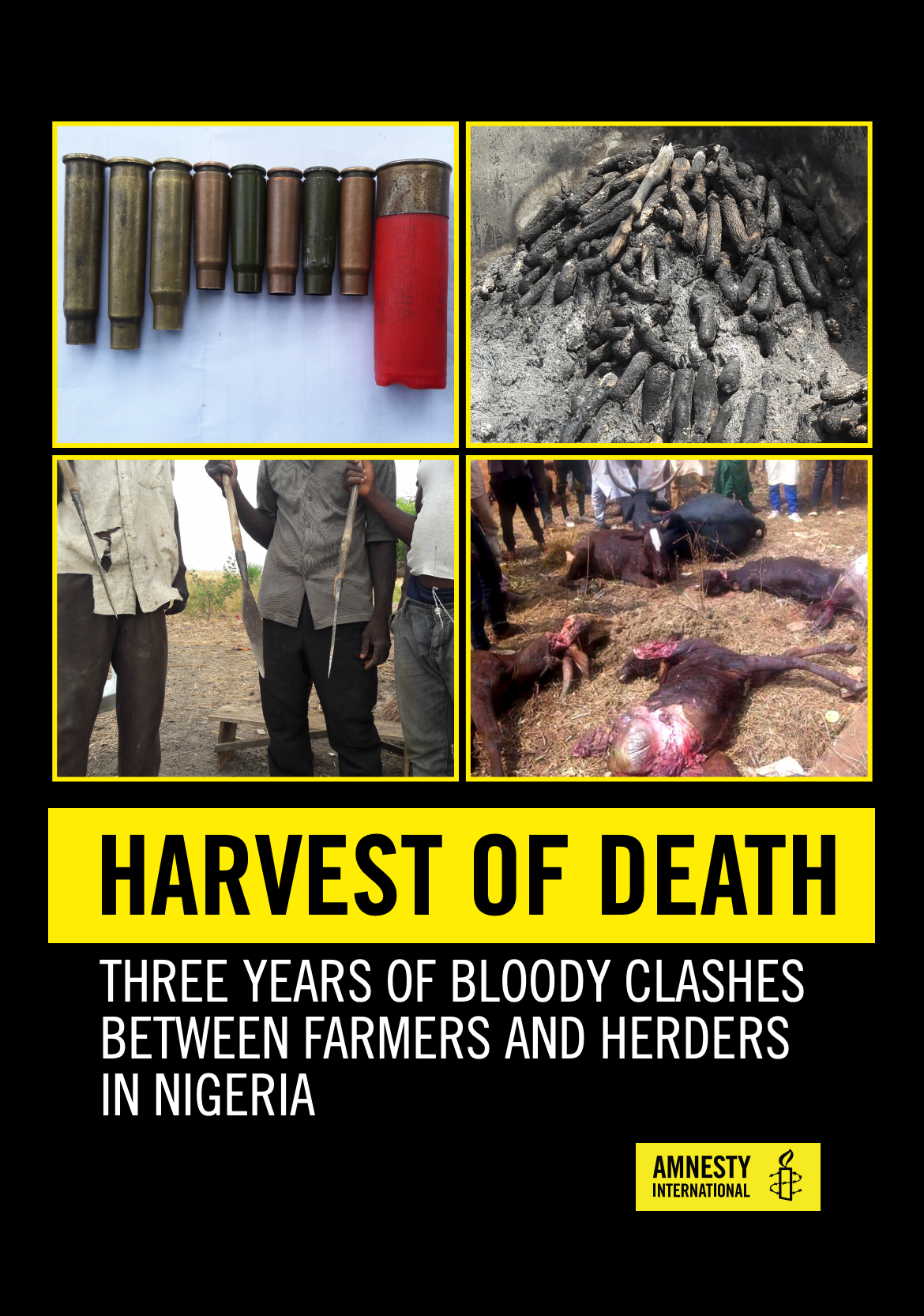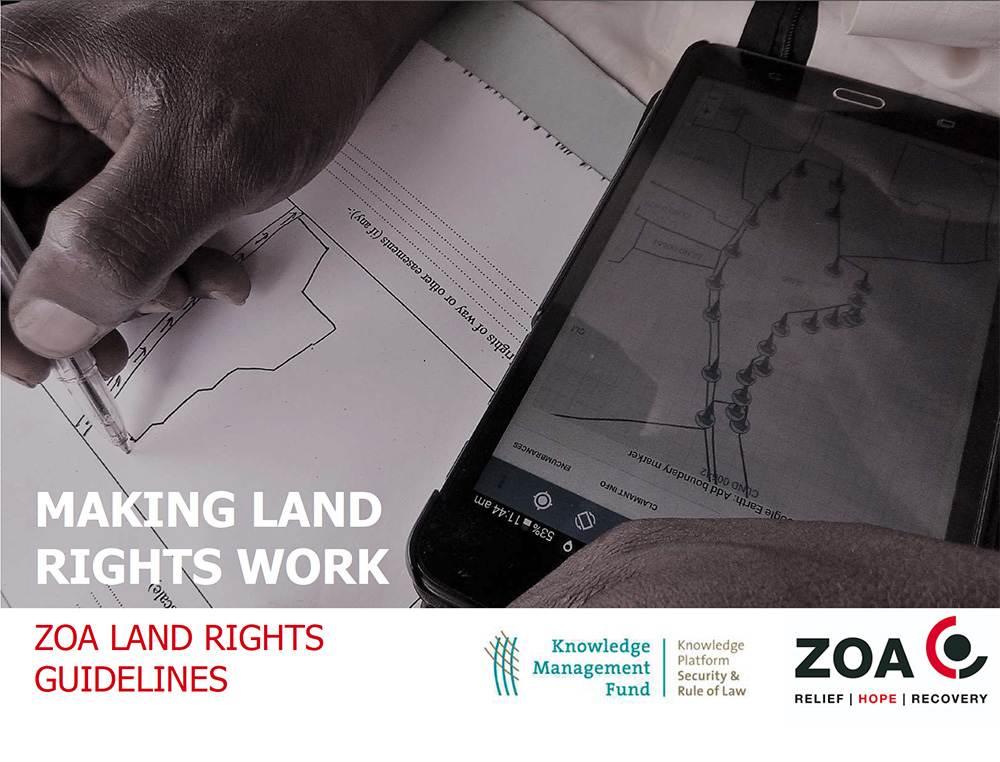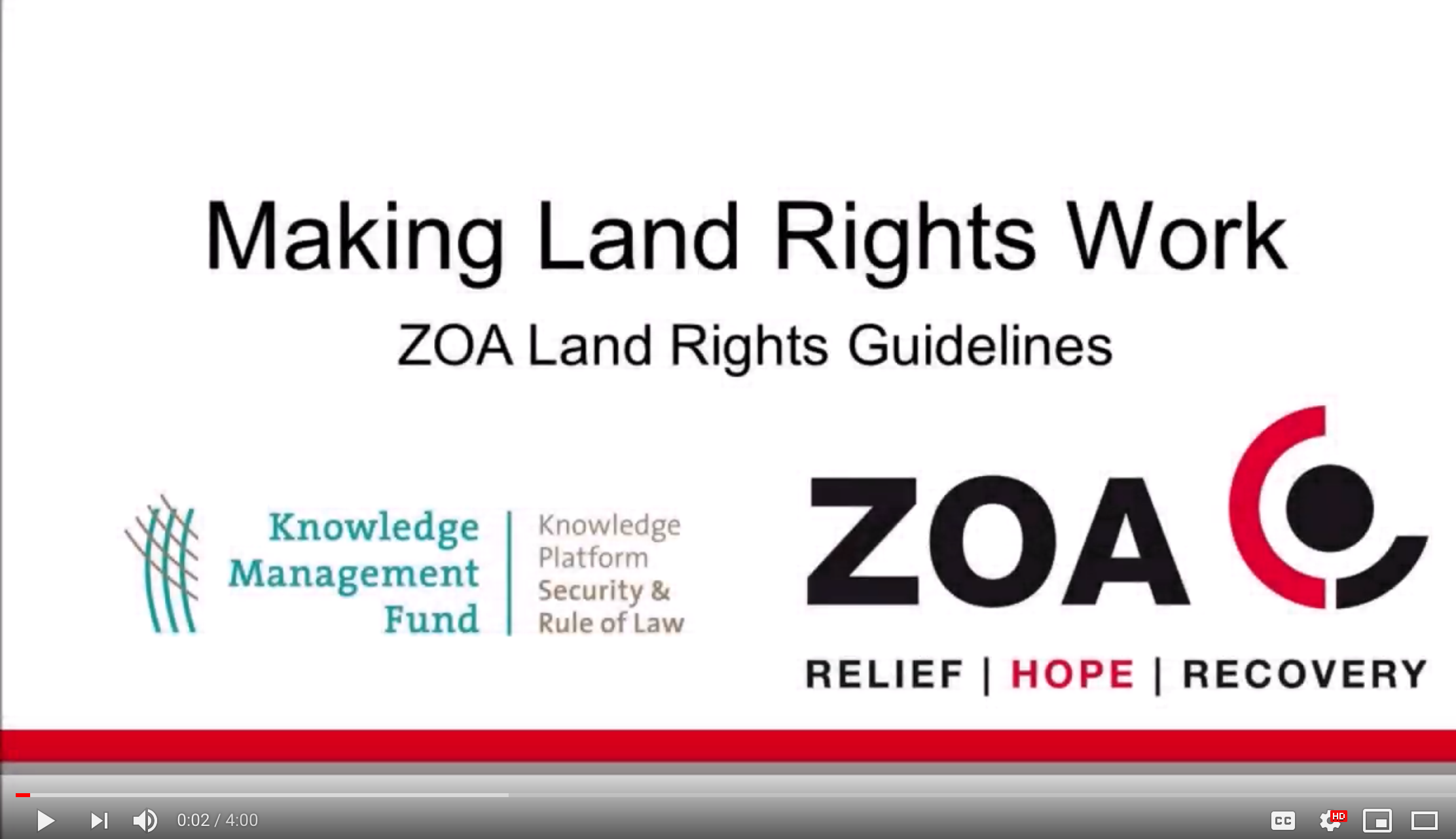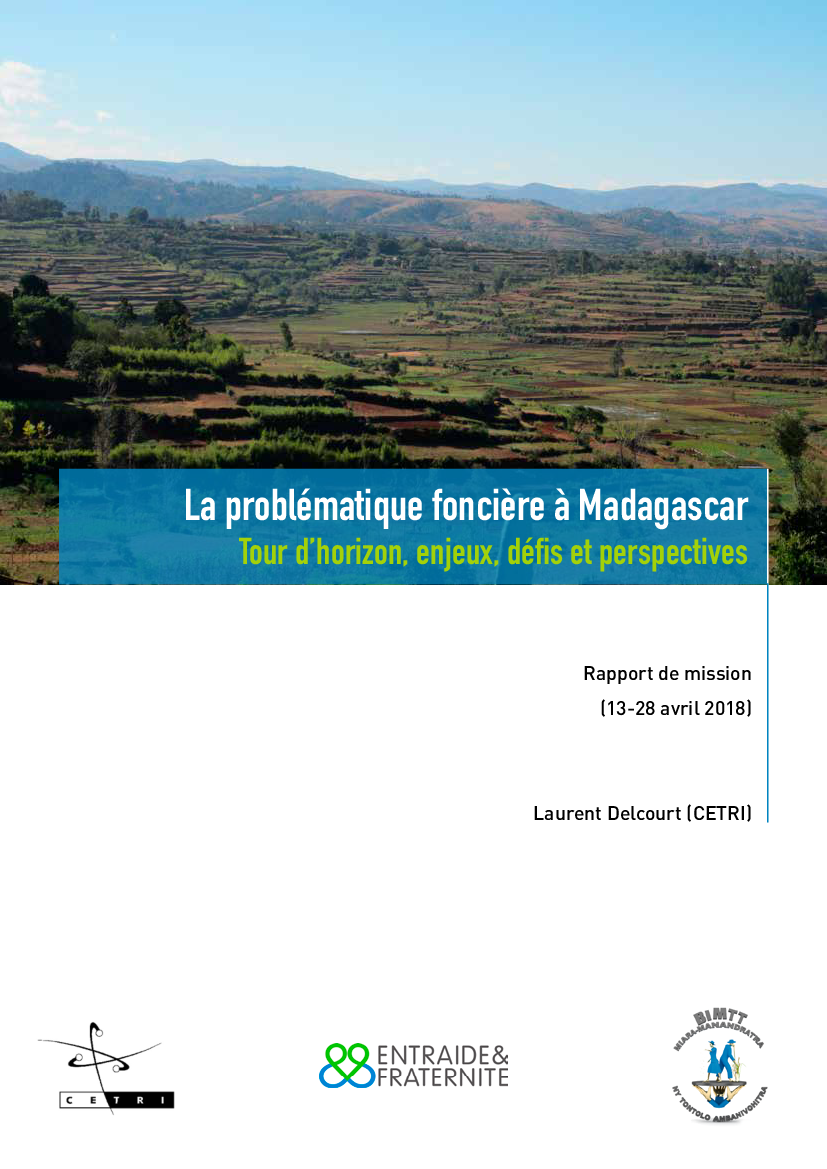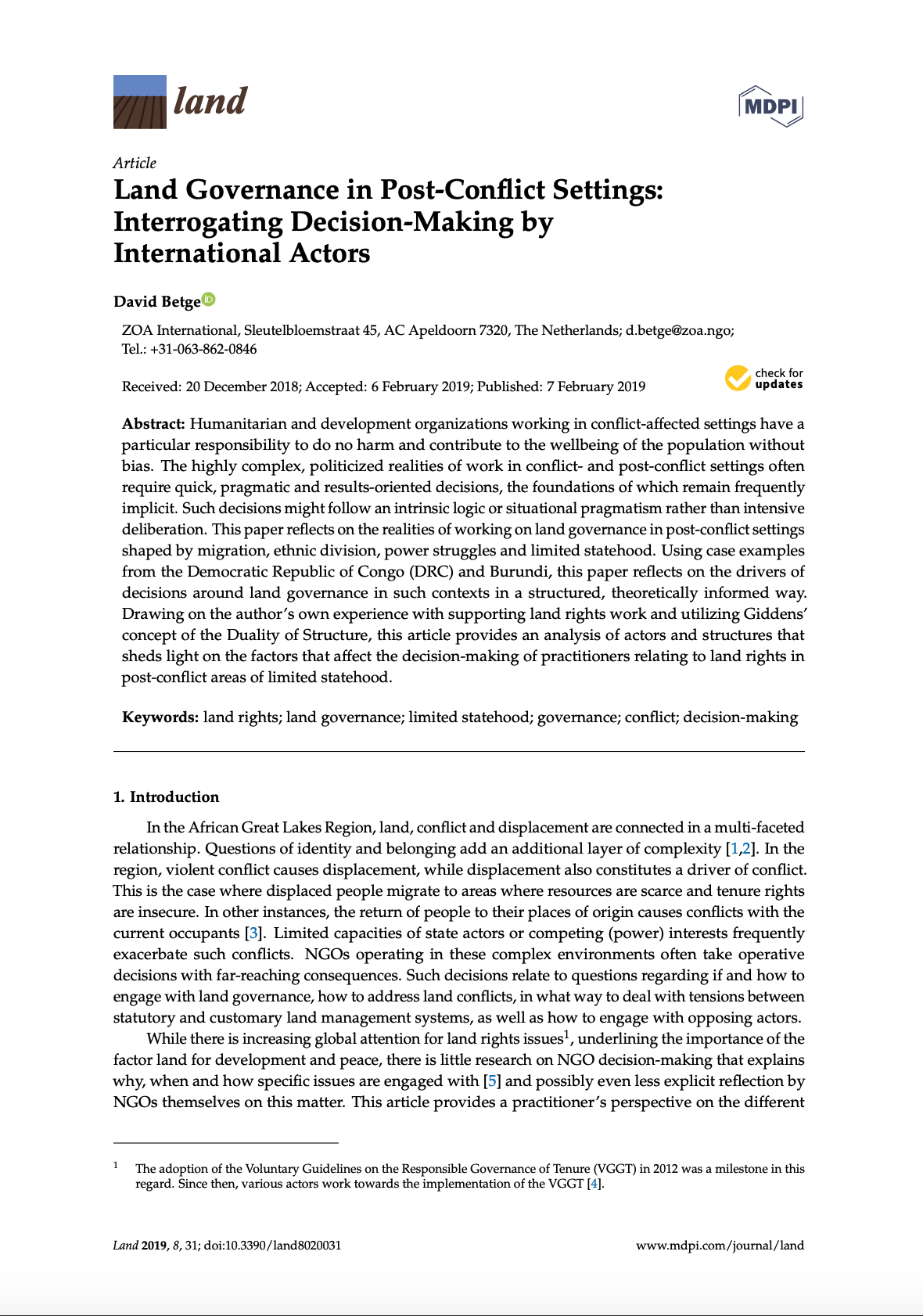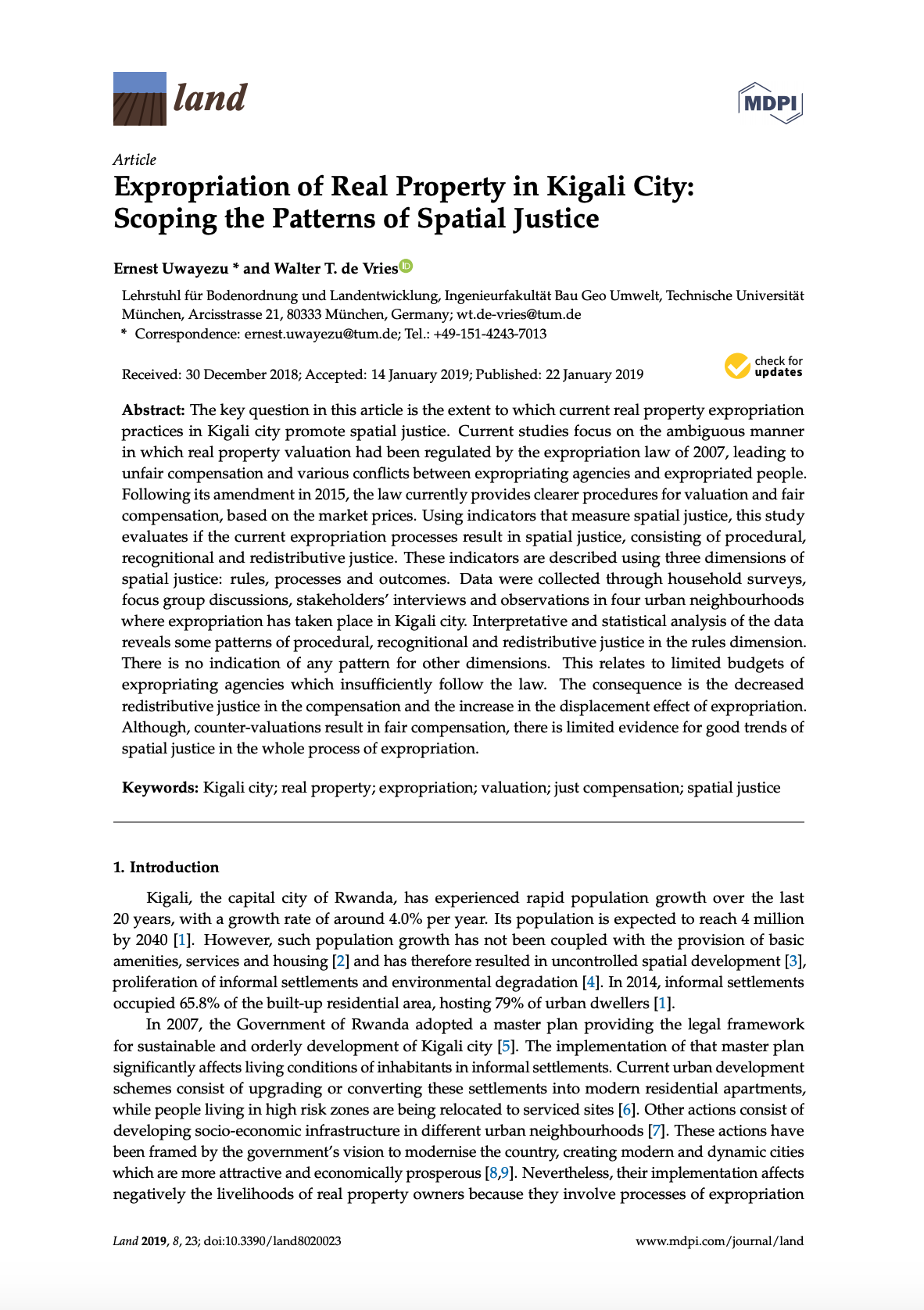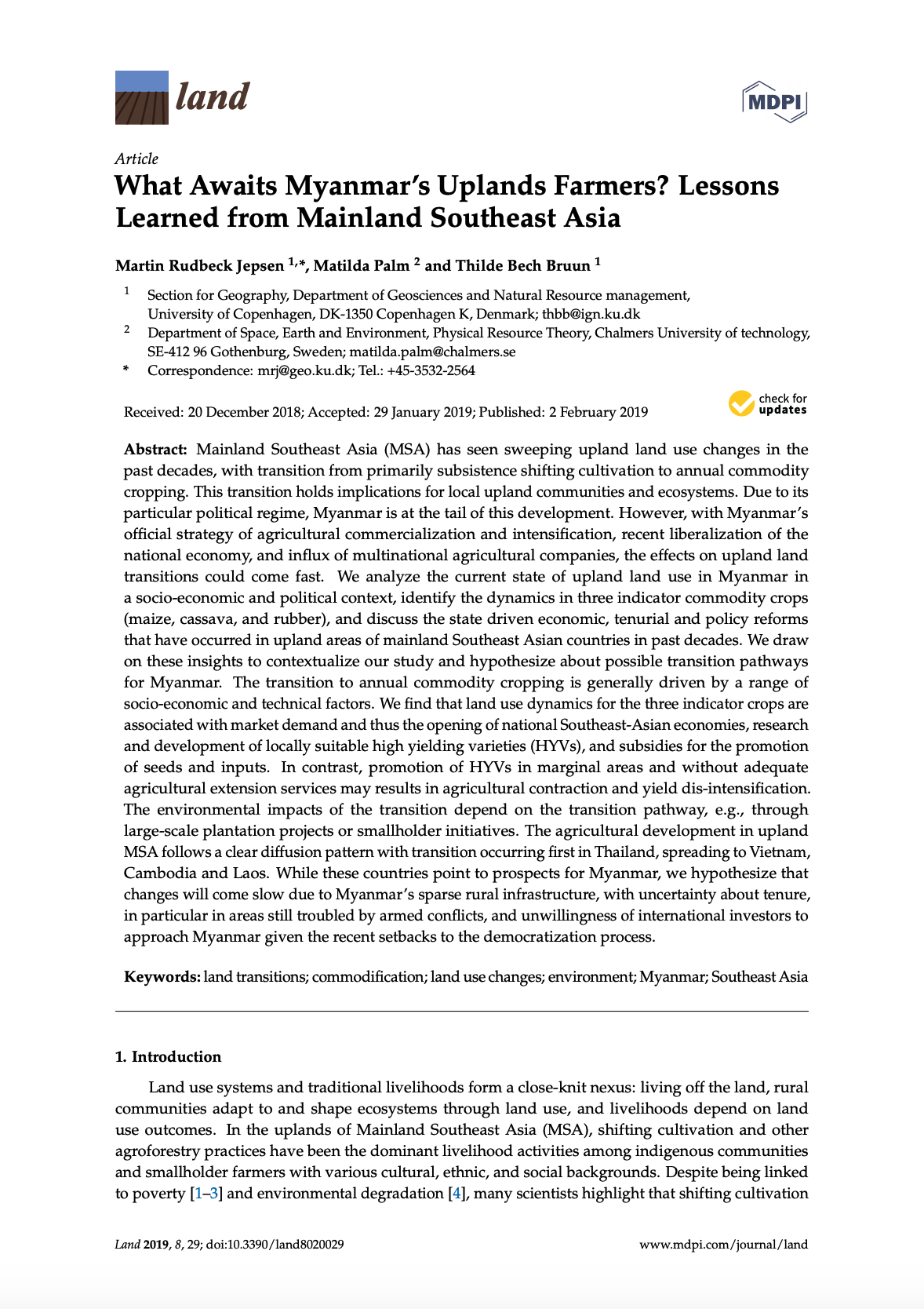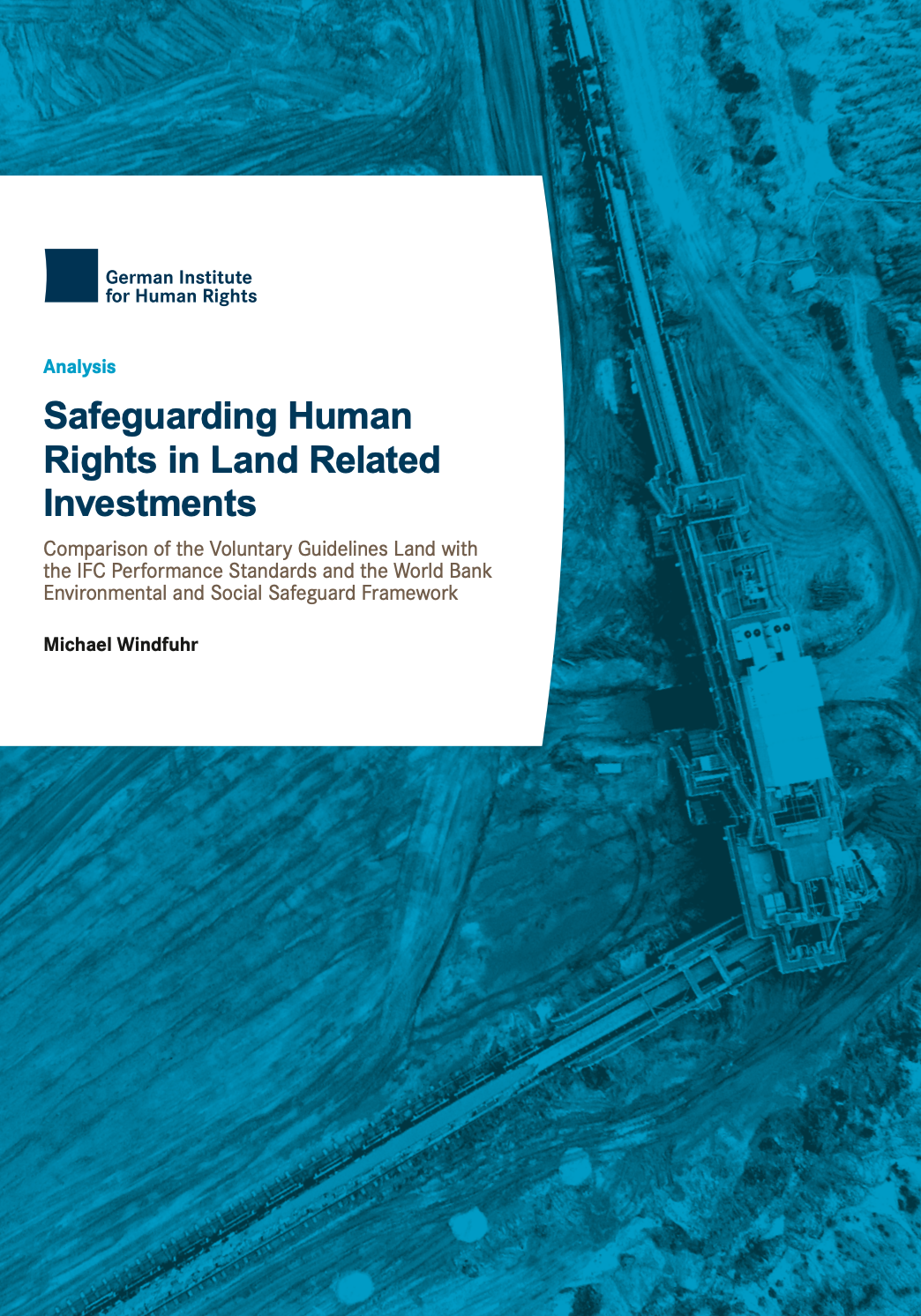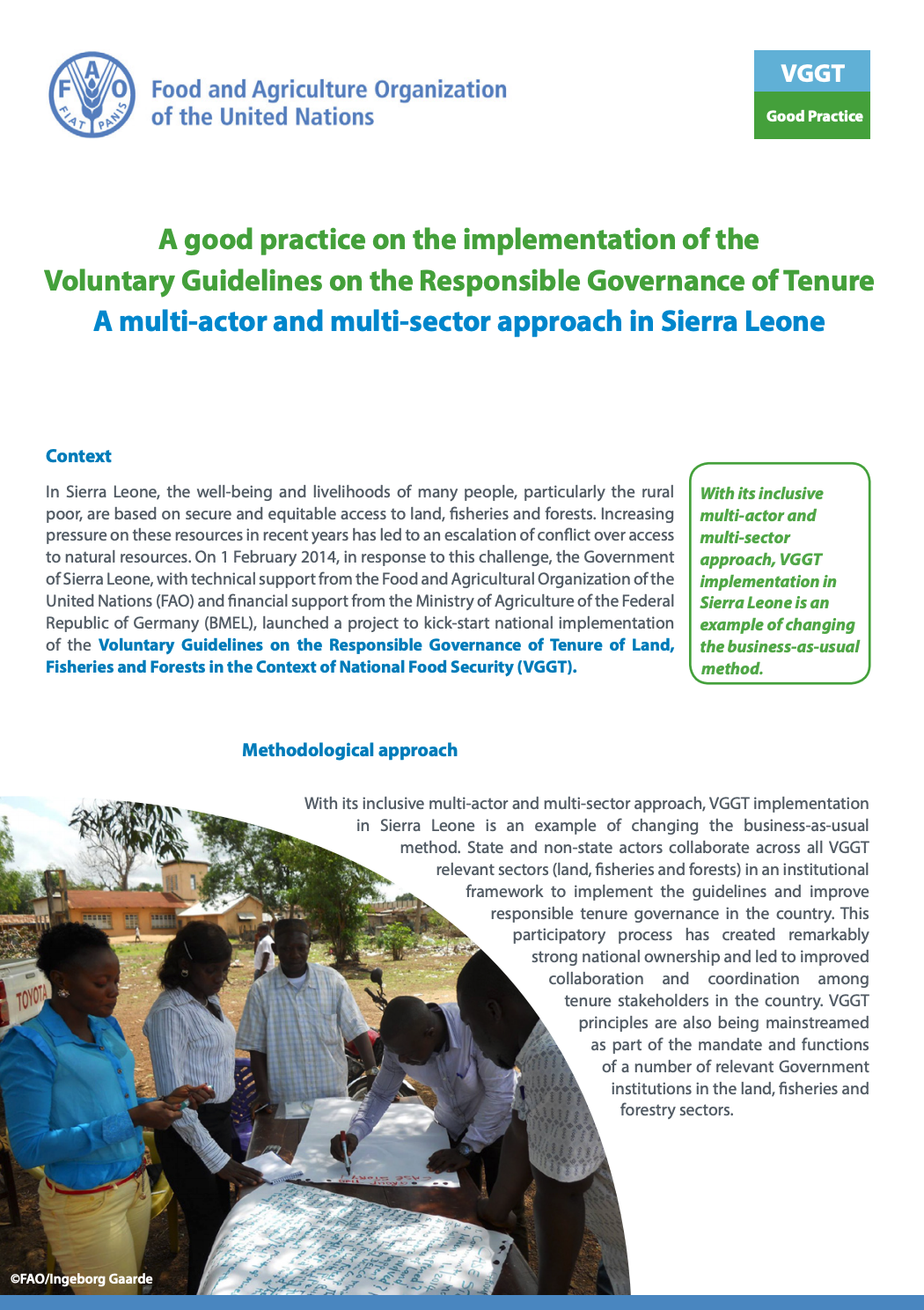La visión de desarrollo y su incidencia en la implementación del acuerdo uno (1) de La Habana sobre desarrollo rural integral, desde el enfoque de paz territorial y los mecanismos construidos por las comunidades negras en el Medio Atrato
Este trabajo da cuenta de la visión de desarrollo y su incidencia en la implementación del acuerdo uno (1) de la Habana sobre Desarrollo Rural Integral, desde el enfoque de paz territorial y los mecanismos construidos para la consecución de la paz en sus territorios por las comunidades negras en el Medio Atrato Chocoano.


